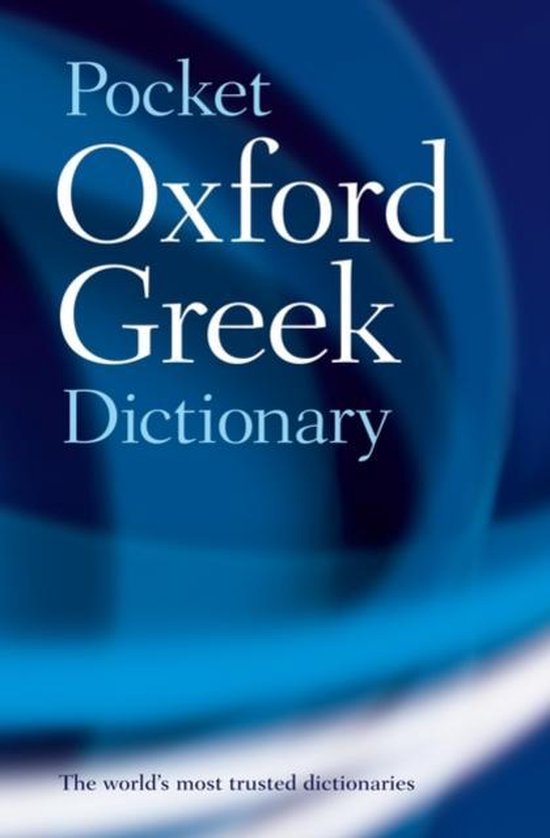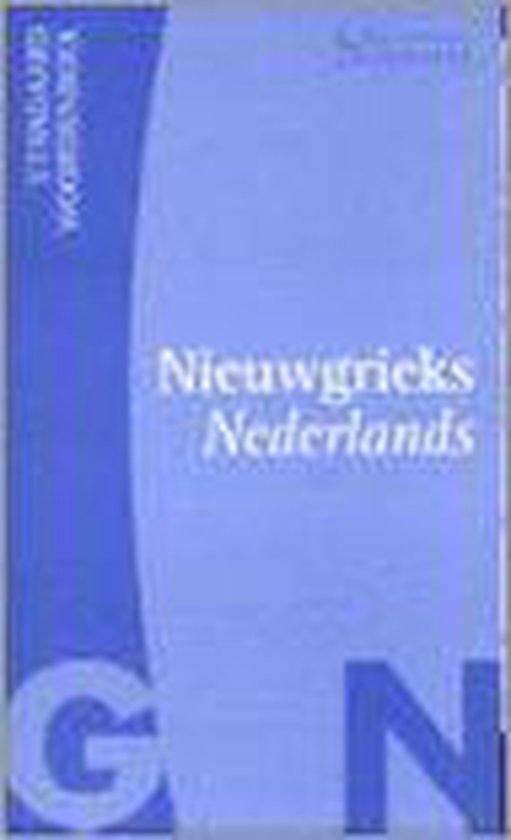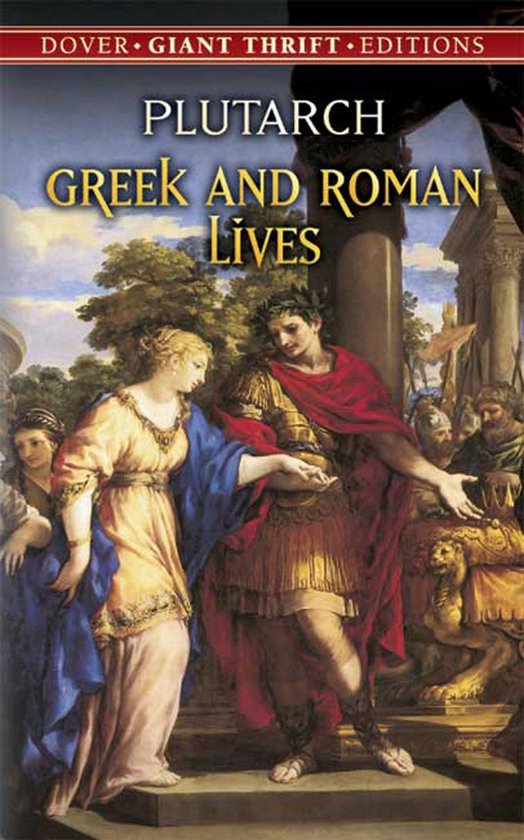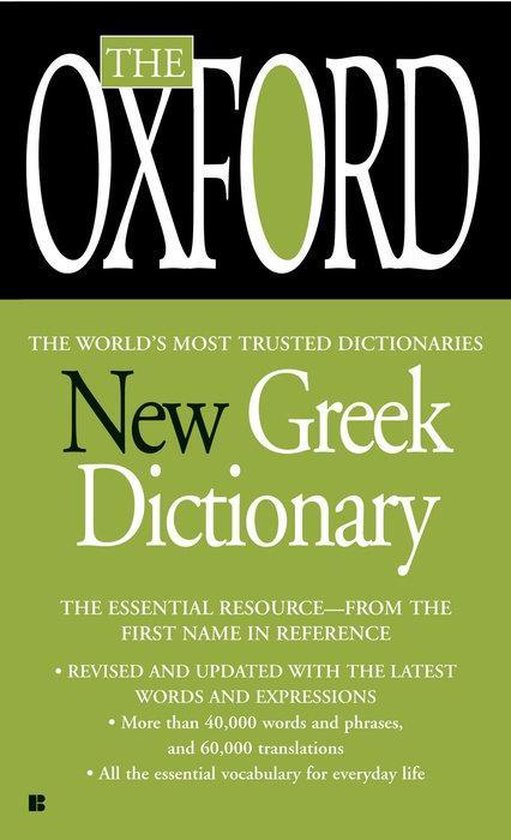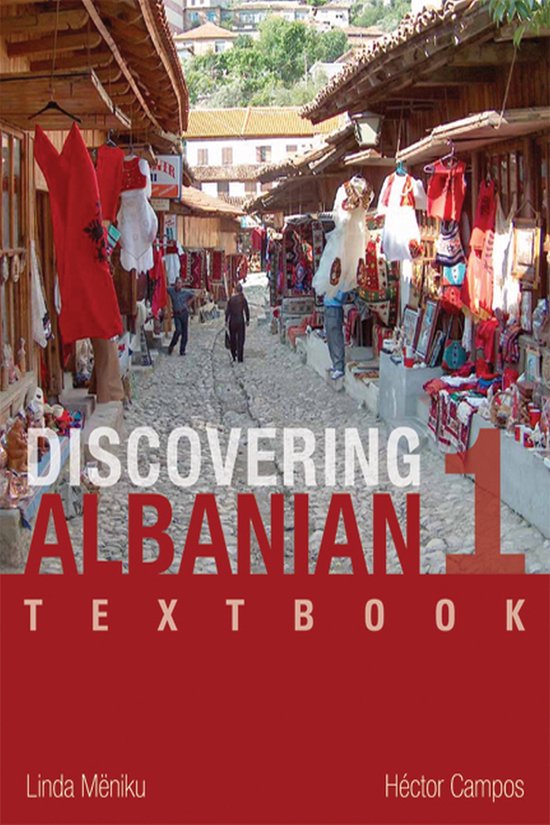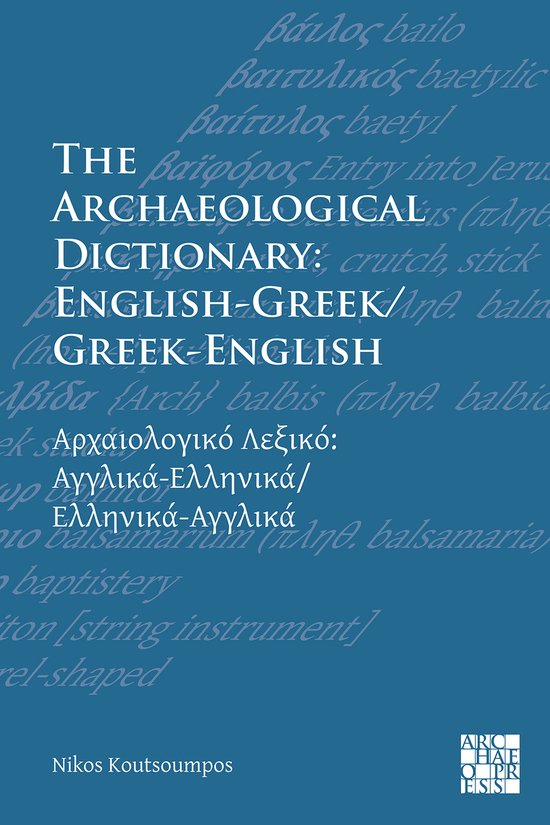
The Archaeological Dictionary: English-Greek/Greek-English
An adequate knowledge of English is essential to anyone professionally involved with classical archaeology and/or Greek prehistory; the present dictionary is intended to be a tool both for students and scholars or professional archaeologists studying, reading and publishing in both Greek and English.
The absence of a specialized bilingual dictionary (or glossary) of terminology which would facilitate the work of both scholars and students of archaeology (and, to a lesser degree, history) has long been noted. Several dictionaries or compact encyclopaedias of archaeological terms have been published in both Greek and English since the 19th century (some of the latter have been translated in Greek as well). All of them however have been written in one of those languages, explaining (quite often with useful images) each term but not providing its equivalent in the other language. It is hoped that the present work will cover this lacuna in international bibliography. An adequate knowledge of English is essential to anyone professionally involved with classical archaeology and/or Greek prehistory, since English has become undoubtedly the lingua franca of our time. The dominance of the German and French “schools” in this field has given its place to Anglophone (principally British and American) studies since the Second World War and English-language bibliography is indispensable to any researcher of any topic relating to the archaeology of Greek lands. The present dictionary is intended to be a tool both for students and scholars or professional archaeologists studying, reading and publishing in both Greek and English.
The absence of a specialized bilingual dictionary (or glossary) of terminology which would facilitate the work of both scholars and students of archaeology (and, to a lesser degree, history) has long been noted. Several dictionaries or compact encyclopaedias of archaeological terms have been published in both Greek and English since the 19th century (some of the latter have been translated in Greek as well). All of them however have been written in one of those languages, explaining (quite often with useful images) each term but not providing its equivalent in the other language. It is hoped that the present work will cover this lacuna in international bibliography. An adequate knowledge of English is essential to anyone professionally involved with classical archaeology and/or Greek prehistory, since English has become undoubtedly the lingua franca of our time. The dominance of the German and French “schools” in this field has given its place to Anglophone (principally British and American) studies since the Second World War and English-language bibliography is indispensable to any researcher of any topic relating to the archaeology of Greek lands. The present dictionary is intended to be a tool both for students and scholars or professional archaeologists studying, reading and publishing in both Greek and English.
| Auteur | | Nikos Koutsoumpos |
| Taal | | Grieks |
| Type | | Paperback |
| Categorie | | Taal |
